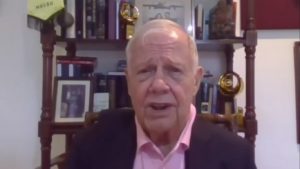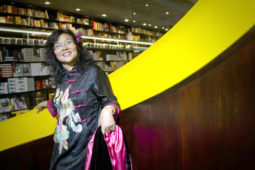At the end of 2008, 2009 the consulting industry dropped like a stone,
Shaun Rein decided to hire more senior people and invest.
In Forbes he recalls how he overcame some scary business decisions that now helped him to fight the crisis.
I fretted not only about paying salaries but that I might have to close if things didn't get better. After slaving for three years building up my firm, the China Market Research Group, positioned as higher than McKinsey in price and quality for strategy projects focused on China, I feared losing it all.
I sat down with my wife at Starbucks to figure out what to do. She asked if I thought China's economy would be strong in five years. I said yes. Then she said, "Go out, and hire more top people, and build the brand. If we personally need to sacrifice, so be it." With that, we launched our plan.
Shaun Rein's company recovered in 2010 and he advises what he did: continue marketing, continue hiring.
More in Forbes.
Commercial
Shaun Rein is a speaker at the China Speakers Bureau. Do you need his advice at your meeting or conference? Do get in touch.




